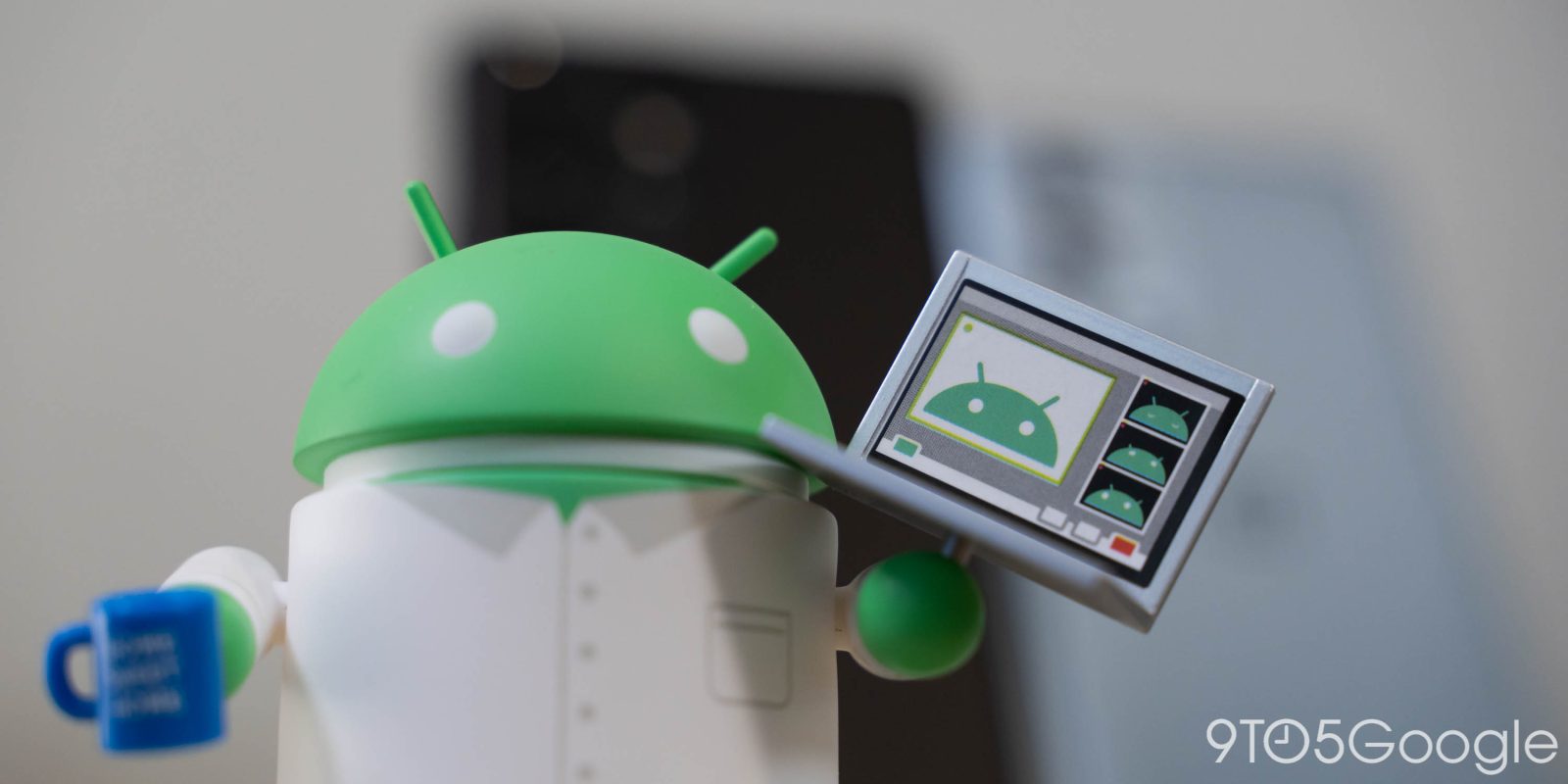
Google introduced the Android App Bundle format in May of 2018 at I/O as part of its modern development push. The AAB standard will become the default for new applications published to the Play Store this August.
To bring these benefits to more users and focus on modern Android distribution that benefits all developers, Google Play will start requiring new apps to be published with the Android App Bundle starting August 2021. This will replace the APK as the standard publishing format.
The app bundle sees Google Play take into account device configurations and languages so that what gets downloaded to a phone is smaller. This optimization means that AAB-distributed applications take up to 15% less space than universal APKs on average. End users will benefit from faster installs and more storage.
Google says over 1 million applications are using app bundles. This includes the majority of the top 1,000 apps and games on the Play Store, including Twitter, Netflix, Gameloft titles, Adobe, and Duolingo.

In addition to the APK being replaced for new apps, developers will have to replace large expansion files (OBBs) with Play Asset or Feature Delivery. Similarly, Instant-enabled Android App Bundles replace the Instant app ZIP for distributing new and updating “instant experiences.”
Existing applications are exempted, along with private apps for managed enterprise users. Looking ahead, Play App Signing — a key part of the AAB process — will take advantage of APK Signature Scheme v4 to “access upcoming performance features available on newer devices.”
More about Android app dev:
- Google’s 2021 Games Dev Summit teases Android 12 features, Stadia announcements for partners
- Play developers will need to enable 2-Step Verification and meet identity requirements
- Chromebook gaming gets a boost as Unity makes it easier for developers to target the platform
- Google makes big push for new Wear OS, TV, Auto, & tablet media apps by reducing its commission
FTC: We use income earning auto affiliate links. More.





Comments